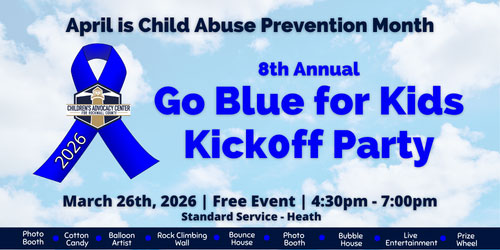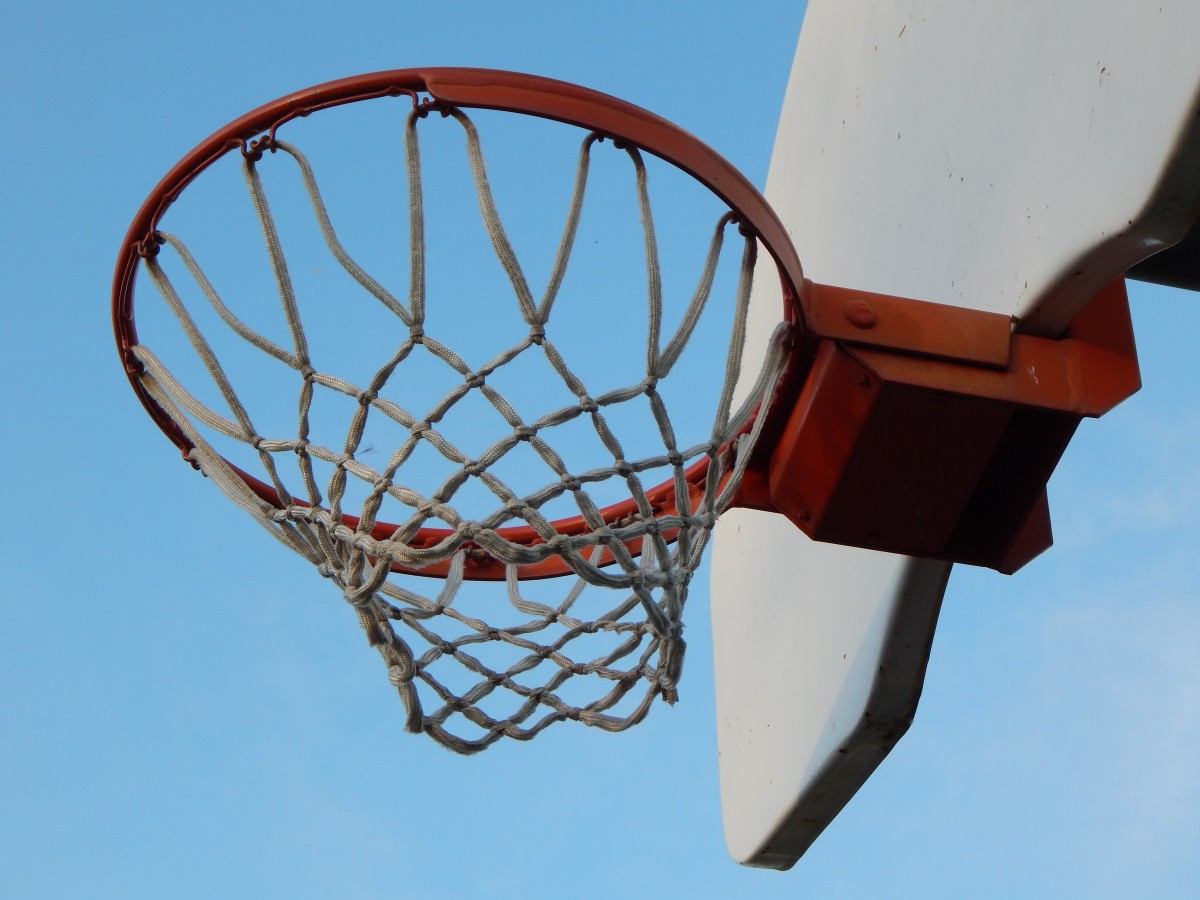(ROCKWALL, TX — March 13, 2019) As the final overtime seconds ticked off and the dreadful buzzer sounded, my team’s basketball season ended. My boys had overcome so much through the season, game after game of last second heartbreaks and the occasional morsel of victory. I named them the “heart attack kids” because after a decade of coaching middle school sports, I had never coached so many close games decided in the final seconds. Now, my “heart attack kids” were broken hearted. We had salvaged a season and won our first tournament game. Less than an hour later, we played one of the top seeds. Honestly, I expected the worst. We had been flu-racked and exhausted and the opposing team was fresh. I was afraid it wouldn’t be close. Yet, the boys had learned a lot of lessons that season and they played one of the best games and forced a top team into overtime. We lost, but not really, not if you could’ve seen what I saw.
All too often in youth sports parents, players, and some coaches are short sighted. They only notice wins and losses, playing time (“the coach dislikes him”), and bad calls by the referee (“obviously, he was for the other team”). Yet, these are normal in athletic competition; they will always exist. By very definition when two teams square off, there is going to be a winner and loser and eventually all lose at some point in time. There are also players that are naturals, or are work horses in practice, or a little of both. In reality, at some point, a kid will not play 100% of the time and be the superstar, that’s life. And in any competition, those refereeing are going to make mistakes but the last thing they care about is who wins and who loses. However, these are the things folks fury over, some so much that they come to blows and end up viral. We are far too short sighted.
What I see, or what I hope to see, if I can get players to ignore those distractions, is their ability to learn and adapt when they do fail. Defeat hurts, but it is the best teacher. Loss is a mirror to your weaknesses that you practice to overcome. And I love to see that player who I’m dying to play more, but can’t, work even harder and improve so I can play him. To see that kid overcome and be successful, and not play the victim, that is noble and novel. That kid is going somewhere. And sure, there are times I get frustrated with a blown call or a no call, but it happens. The biggest battle won in that arena is when you have that athlete, that rare kid who has discovered the secret of not taking it personal, that kid who just shakes it off and realizes he has a job to do. That is resilience, which just might be my new favorite word.
Each week from the beginning of our season to the end I have a word of the week that I take from John Wooden’s famous Pyramid of Success—words like enthusiasm, loyalty, poise. I try to tell a story and drill that word all week in practice. Well, resilience is making that list after this year. I’ve coached a few undefeated teams and a few that couldn’t win a game, but I’m not sure I’ve ever coached such a resilient bunch as the ones who wept before me after that last game. Nevertheless, if they could see what I saw, they’d know why I’m telling their story for years to come.
By Scott Gill is an RISD teacher, coach, and author of the book “Goliath Catfish.” Follow Scott’s blog at puptentpapa.blogspot.com and read more of his “Front Porch Ramblings” at BlueRibbonNews.com.
 Our monthly print edition is delivered free to ~22,000 homes in Rockwall and Heath, TX.
Our monthly print edition is delivered free to ~22,000 homes in Rockwall and Heath, TX.
To share your good news and events, email editor@BlueRibbonNews.com.
Subscribe to our email newsletter here.
Advertising: 214-342-8000 or advertising@BlueRibbonNews.com.







